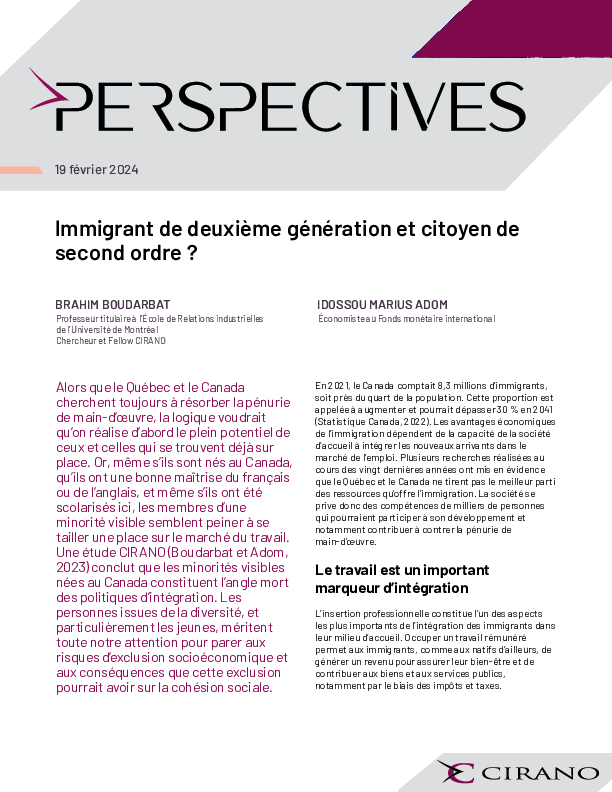The Build-up of Cooperative Behavior among Non-cooperative Agents
We develop a theoretical model in which each individual is, in some ultimate sense, motivated by purely egoistic satisfaction derived from the goods accruing to him, but there is an implicit social contract such that each performs duties for the others in a way that enhances the satisfaction of all. We introduce a state variable that acts as a proxy for social capital of trustworthiness and that we call the stock of cooperation. We show that noncooperative agents might condition their action on this state variable. Agents build-up the society's stock of cooperation and gradually overcome the free riding problem in a game of private contribution to a public good. We assume that there are neither penalties in the sense of trigger strategies, nor guilt and that each individual is rational.
[ - ]




